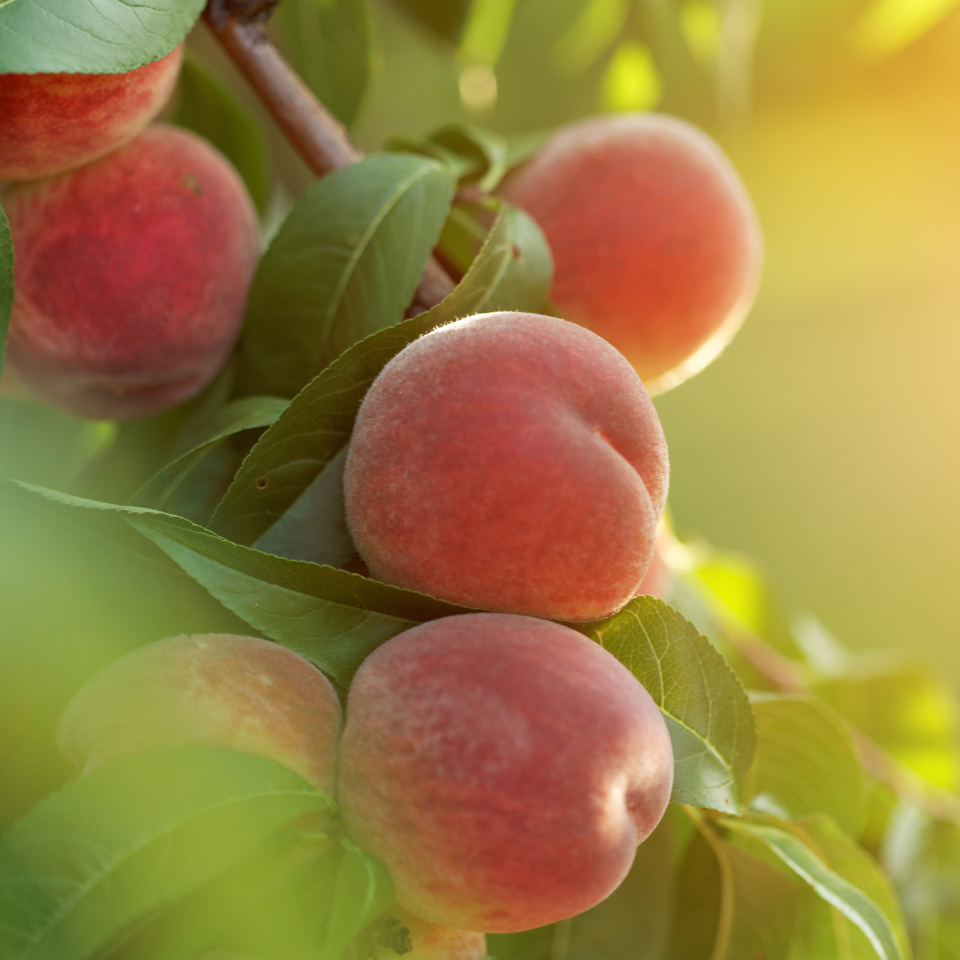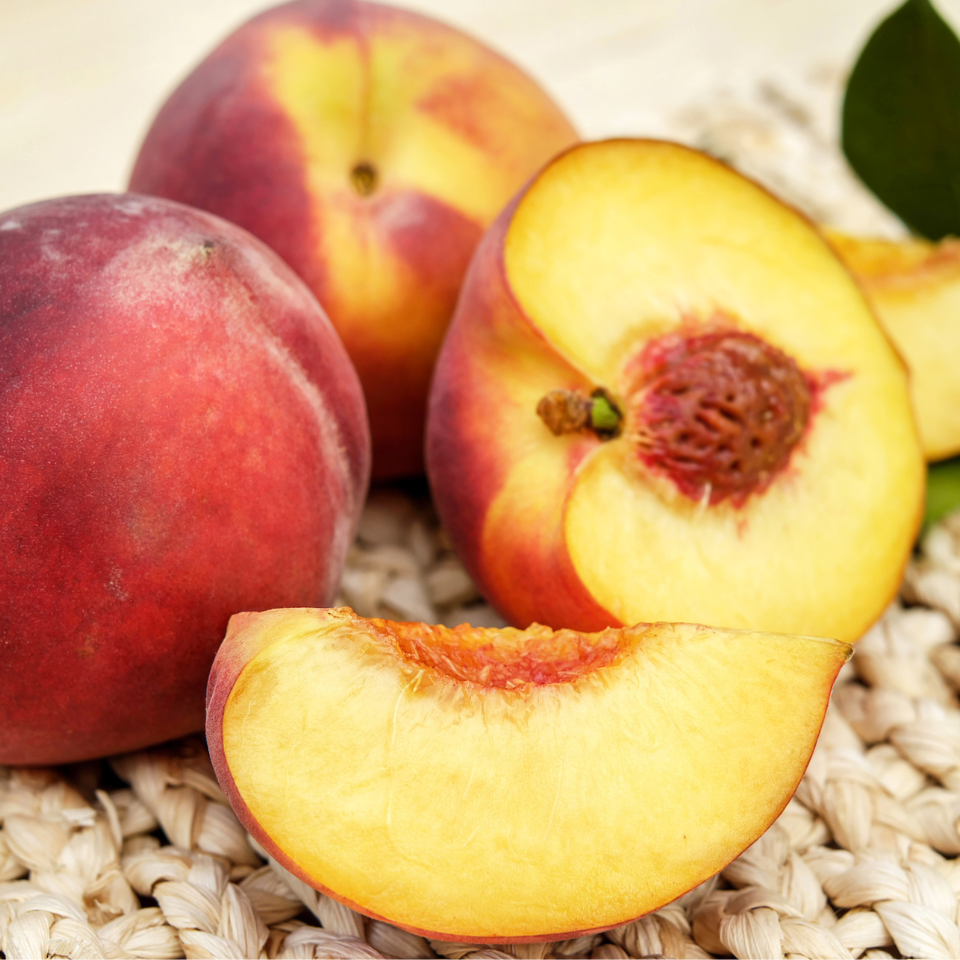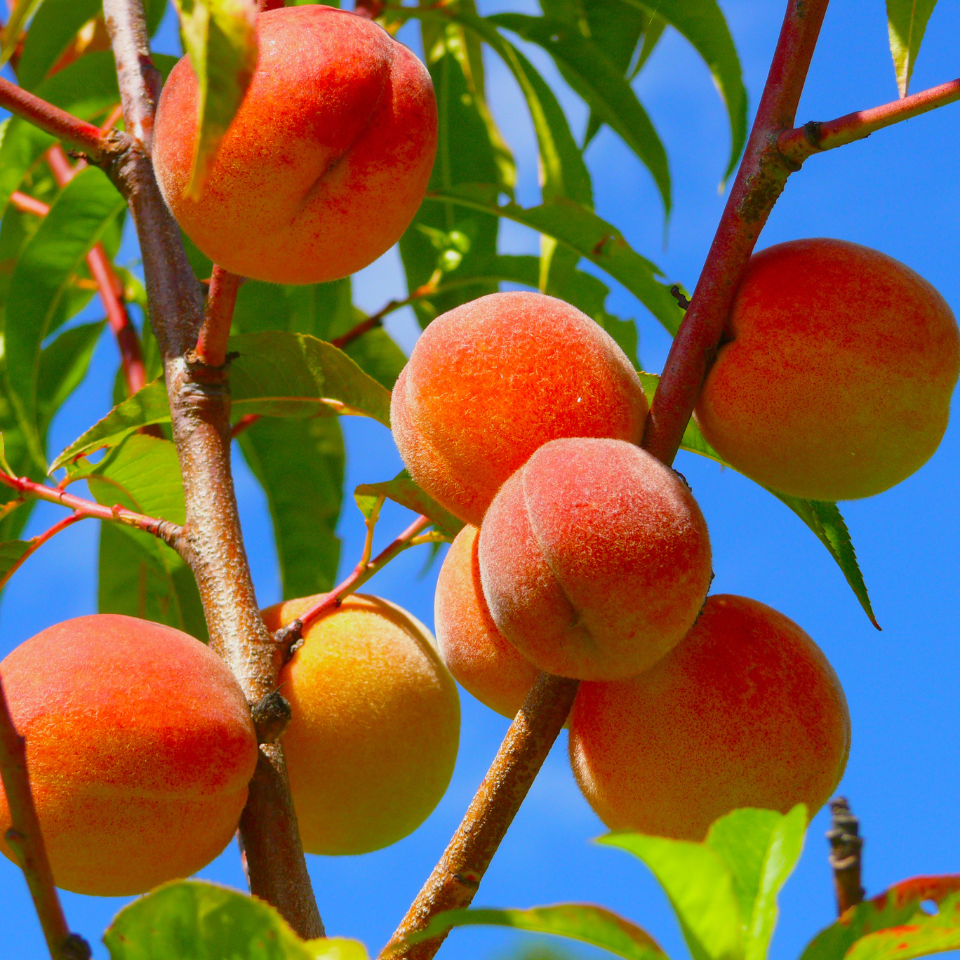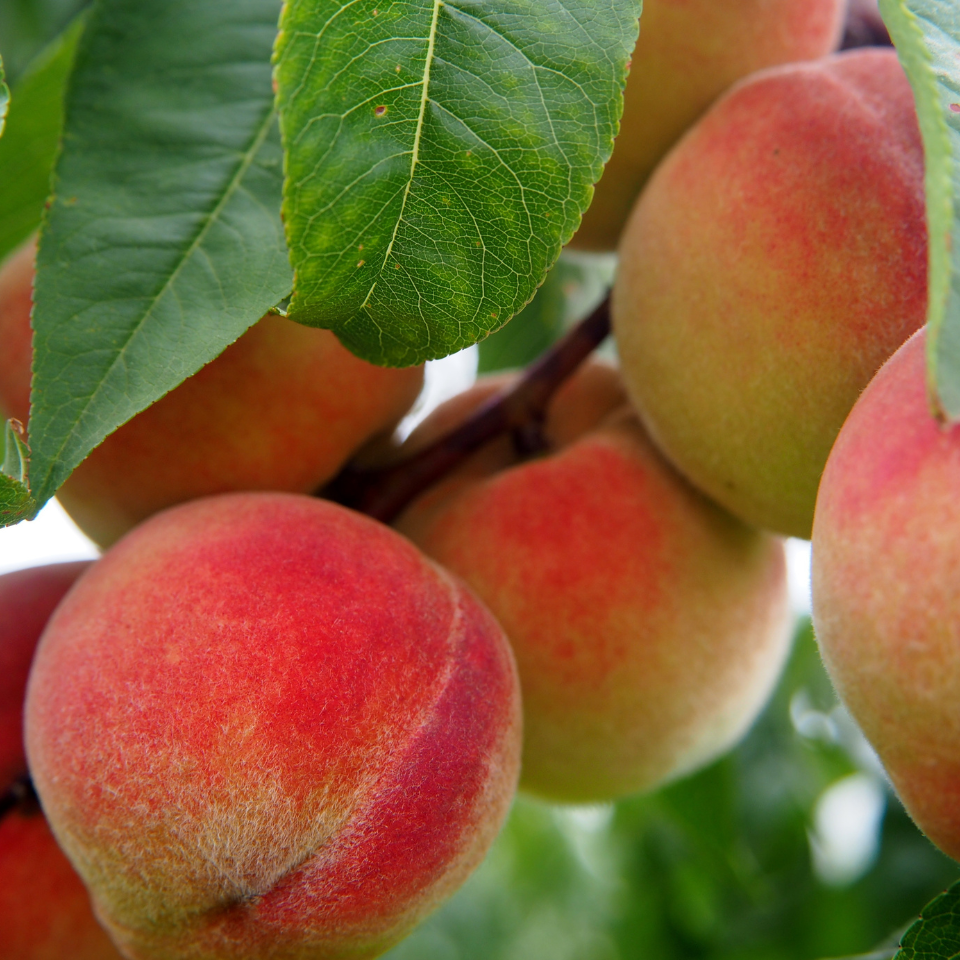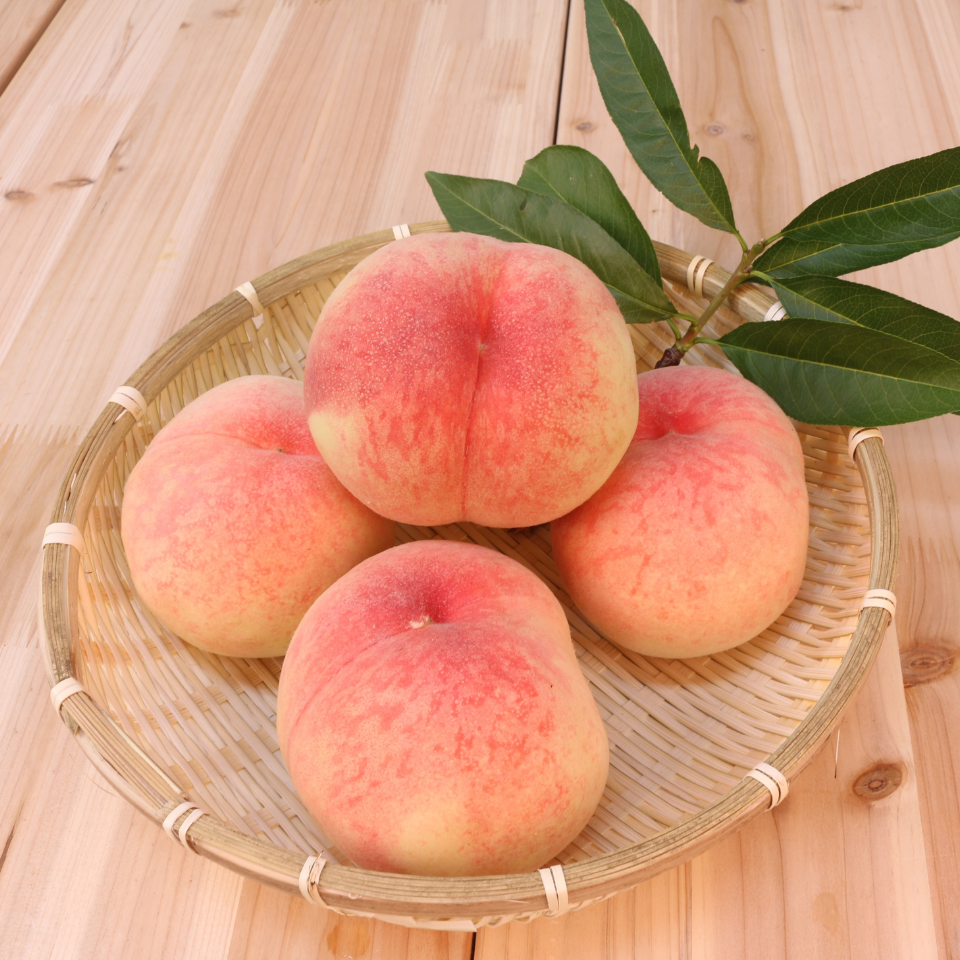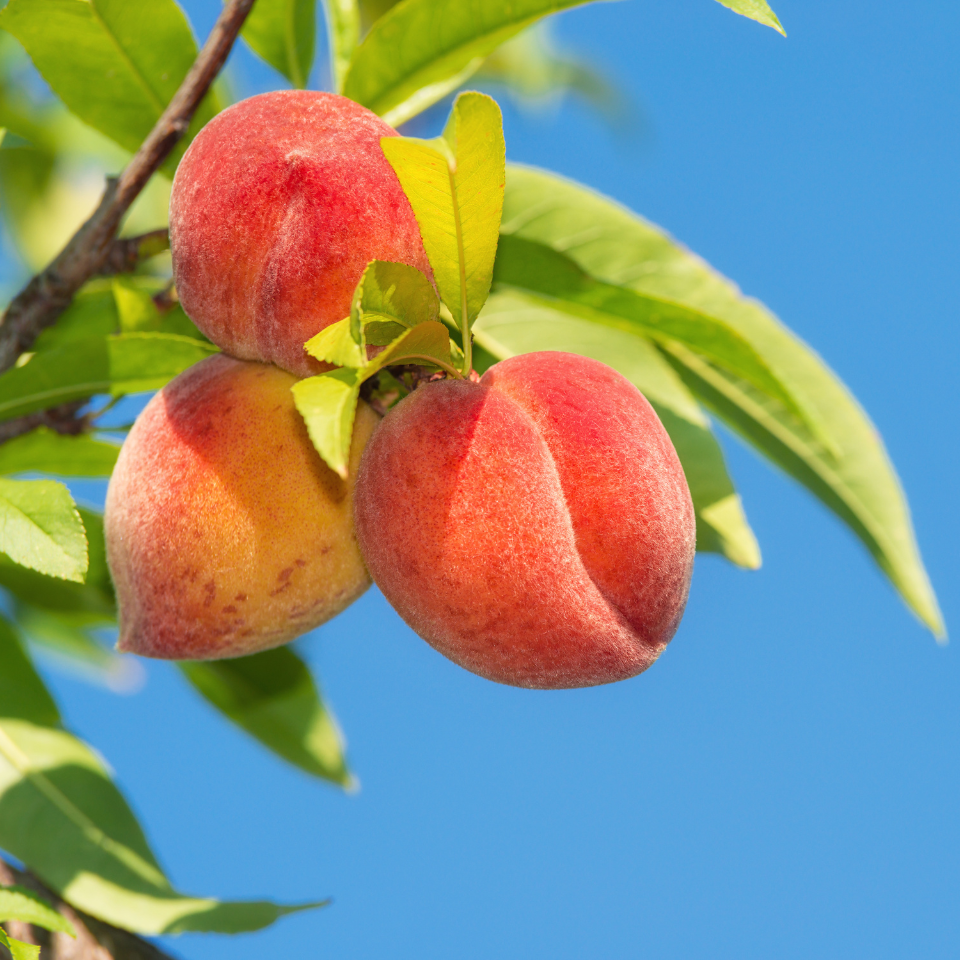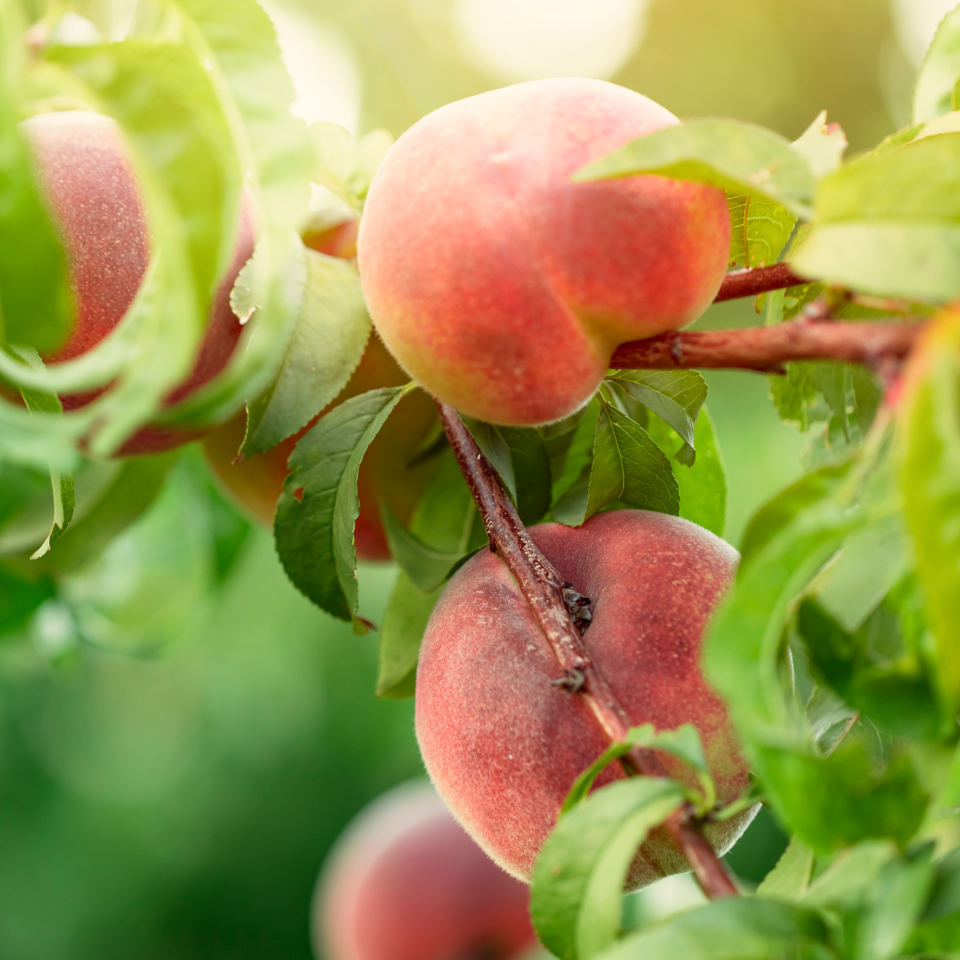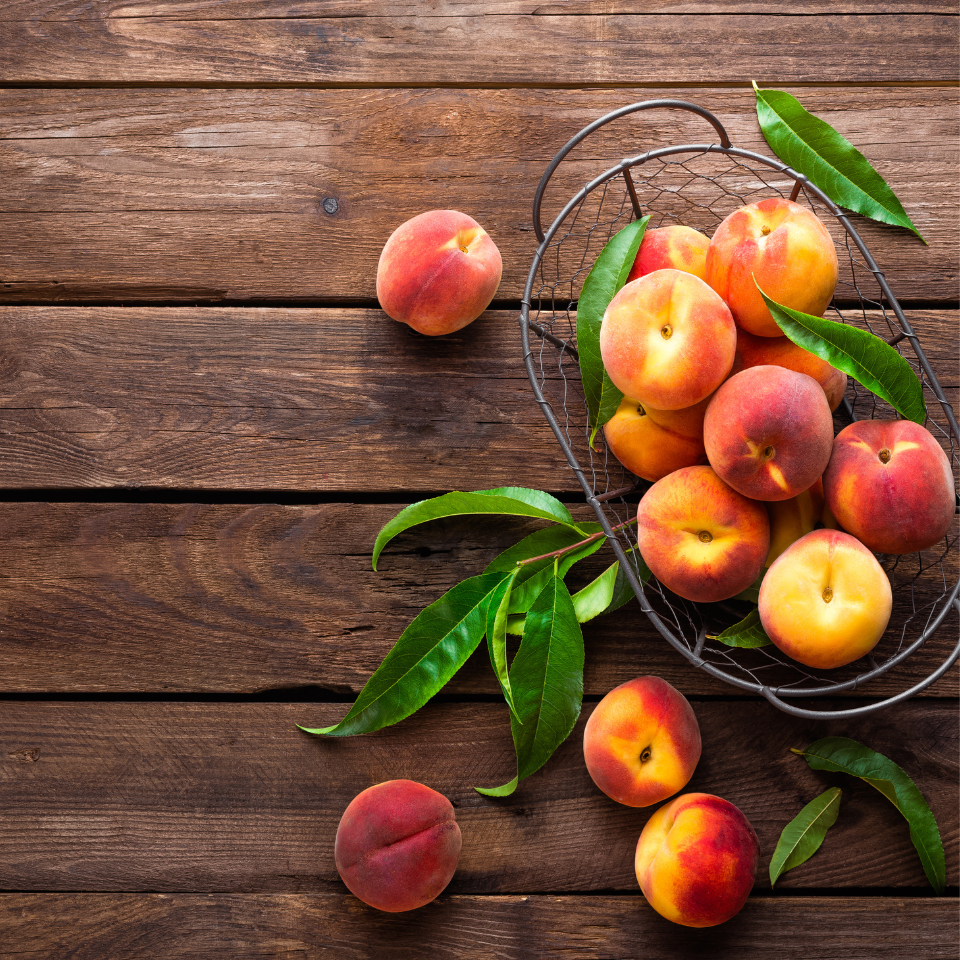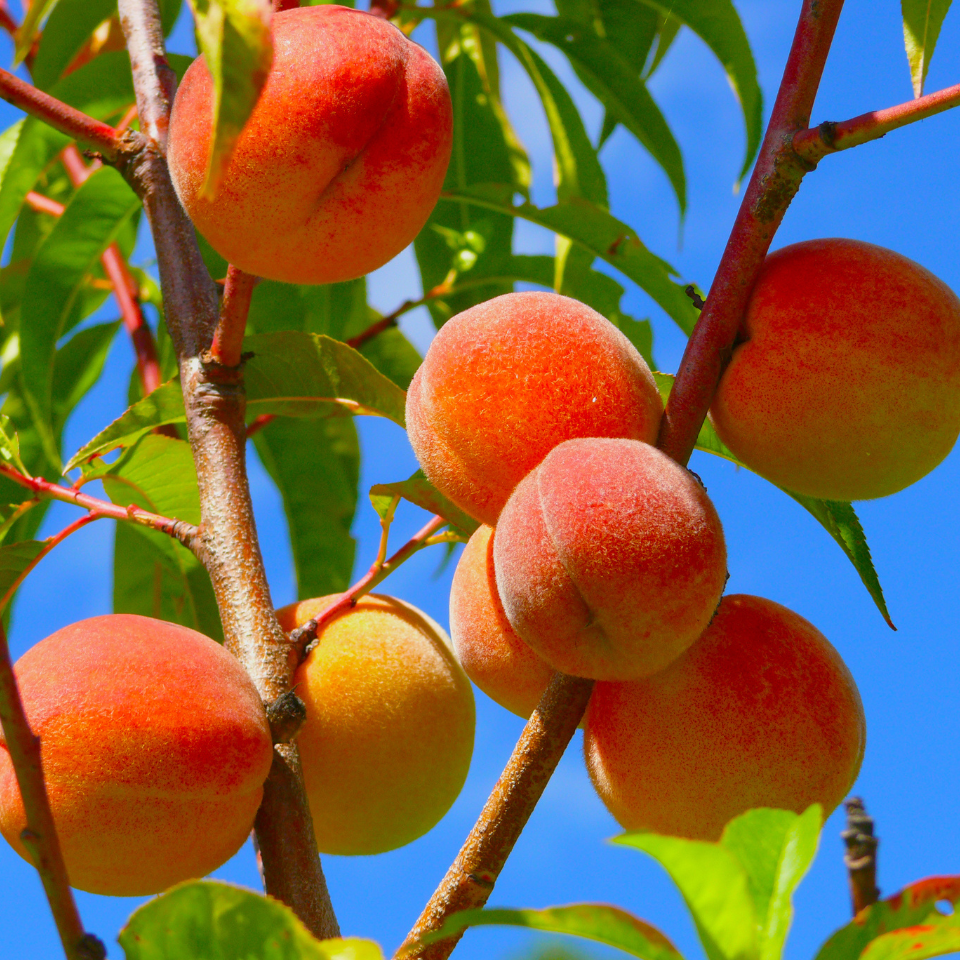Prunus persica Seeds (Common Peach)
Description:
Prunus persica, commonly known as the Common Peach, is a beloved deciduous fruit tree widely cultivated for its luscious, sweet, and aromatic fruits. Originating in China, this species has been cherished for thousands of years and is now grown across the globe in temperate and subtropical regions. With its stunning spring blossoms and delicious summer fruits, Prunus persica is a versatile and rewarding addition to any garden or orchard.
Key Features:
• Tree Characteristics:
• Small to medium-sized deciduous tree, typically growing 4–6 meters in height, with a spreading, rounded crown.
• Attractive lance-shaped green leaves and fragrant pink blossoms in spring add significant ornamental value.
• Fruit Features:
• Produces medium to large, round fruits with a velvety or smooth skin in colors ranging from golden yellow to pink and red.
• The flesh is juicy and sweet, varying from yellow to white, depending on the variety.
• Fruits are harvested in summer, providing a delightful seasonal treat.
• Pollination and Yield:
• Most varieties are self-fertile, but cross-pollination can improve fruit quality and yield.
• Known for its consistent and abundant fruit production under proper care.
Cultivation Instructions:
• Climate Requirements:
• Best suited for temperate to subtropical climates with cool winters and warm, sunny summers.
• Requires chilling hours (cold temperatures) during winter dormancy for proper flowering and fruiting.
• Soil Preference:
• Prefers well-drained loamy or sandy soils with a pH range of 6.0–7.0.
• Performs best in fertile soils enriched with organic matter.
• Planting Instructions:
• Stratify seeds by placing them in moist sand or peat and refrigerating at 4°C for 8–12 weeks before planting.
• Sow seeds in spring, 2–3 cm deep, ensuring good drainage and spacing trees 4–6 meters apart for canopy development.
• Watering:
• Water regularly during the growing season, particularly during flowering and fruiting stages.
• Avoid overwatering to prevent root diseases.
• Pruning:
• Prune annually in late winter or early spring to maintain tree shape, remove dead wood, and encourage fruiting.
Uses and Benefits:
• Culinary:
• Prized for fresh consumption, peaches are also used in desserts, jams, juices, and savory dishes.
• Dried peaches are a popular snack, and the fruit is an essential ingredient in many baked goods.
• Gardening:
• Ideal for home orchards and adds aesthetic value to gardens with its beautiful blossoms.
• Nutritional Value:
• Rich in vitamins A and C, antioxidants, and dietary fiber, peaches support overall health and vitality.
Historical Note:
Prunus persica has a long history of cultivation, originating in ancient China and spreading along trade routes to Persia and beyond. The species name “persica” reflects its historical association with Persia (modern-day Iran), from where it was introduced to Europe.
Shipping Information:
Deodar Seeds ensures that all seeds are carefully selected and packed to maintain their freshness and viability. Seeds are shipped within India and internationally, with delivery typically within 1–2 weeks.
From Deodar Seeds Company.
Description:
Prunus persica, commonly known as the Common Peach, is a beloved deciduous fruit tree widely cultivated for its luscious, sweet, and aromatic fruits. Originating in China, this species has been cherished for thousands of years and is now grown across the globe in temperate and subtropical regions. With its stunning spring blossoms and delicious summer fruits, Prunus persica is a versatile and rewarding addition to any garden or orchard.
Key Features:
• Tree Characteristics:
• Small to medium-sized deciduous tree, typically growing 4–6 meters in height, with a spreading, rounded crown.
• Attractive lance-shaped green leaves and fragrant pink blossoms in spring add significant ornamental value.
• Fruit Features:
• Produces medium to large, round fruits with a velvety or smooth skin in colors ranging from golden yellow to pink and red.
• The flesh is juicy and sweet, varying from yellow to white, depending on the variety.
• Fruits are harvested in summer, providing a delightful seasonal treat.
• Pollination and Yield:
• Most varieties are self-fertile, but cross-pollination can improve fruit quality and yield.
• Known for its consistent and abundant fruit production under proper care.
Cultivation Instructions:
• Climate Requirements:
• Best suited for temperate to subtropical climates with cool winters and warm, sunny summers.
• Requires chilling hours (cold temperatures) during winter dormancy for proper flowering and fruiting.
• Soil Preference:
• Prefers well-drained loamy or sandy soils with a pH range of 6.0–7.0.
• Performs best in fertile soils enriched with organic matter.
• Planting Instructions:
• Stratify seeds by placing them in moist sand or peat and refrigerating at 4°C for 8–12 weeks before planting.
• Sow seeds in spring, 2–3 cm deep, ensuring good drainage and spacing trees 4–6 meters apart for canopy development.
• Watering:
• Water regularly during the growing season, particularly during flowering and fruiting stages.
• Avoid overwatering to prevent root diseases.
• Pruning:
• Prune annually in late winter or early spring to maintain tree shape, remove dead wood, and encourage fruiting.
Uses and Benefits:
• Culinary:
• Prized for fresh consumption, peaches are also used in desserts, jams, juices, and savory dishes.
• Dried peaches are a popular snack, and the fruit is an essential ingredient in many baked goods.
• Gardening:
• Ideal for home orchards and adds aesthetic value to gardens with its beautiful blossoms.
• Nutritional Value:
• Rich in vitamins A and C, antioxidants, and dietary fiber, peaches support overall health and vitality.
Historical Note:
Prunus persica has a long history of cultivation, originating in ancient China and spreading along trade routes to Persia and beyond. The species name “persica” reflects its historical association with Persia (modern-day Iran), from where it was introduced to Europe.
Shipping Information:
Deodar Seeds ensures that all seeds are carefully selected and packed to maintain their freshness and viability. Seeds are shipped within India and internationally, with delivery typically within 1–2 weeks.
From Deodar Seeds Company.
Himalayan Peach, Prunus Persica seeds - 10
- Brand: Deodar Seeds
- Product Code: FR9.2
- Availability: In Stock
₹589.00

